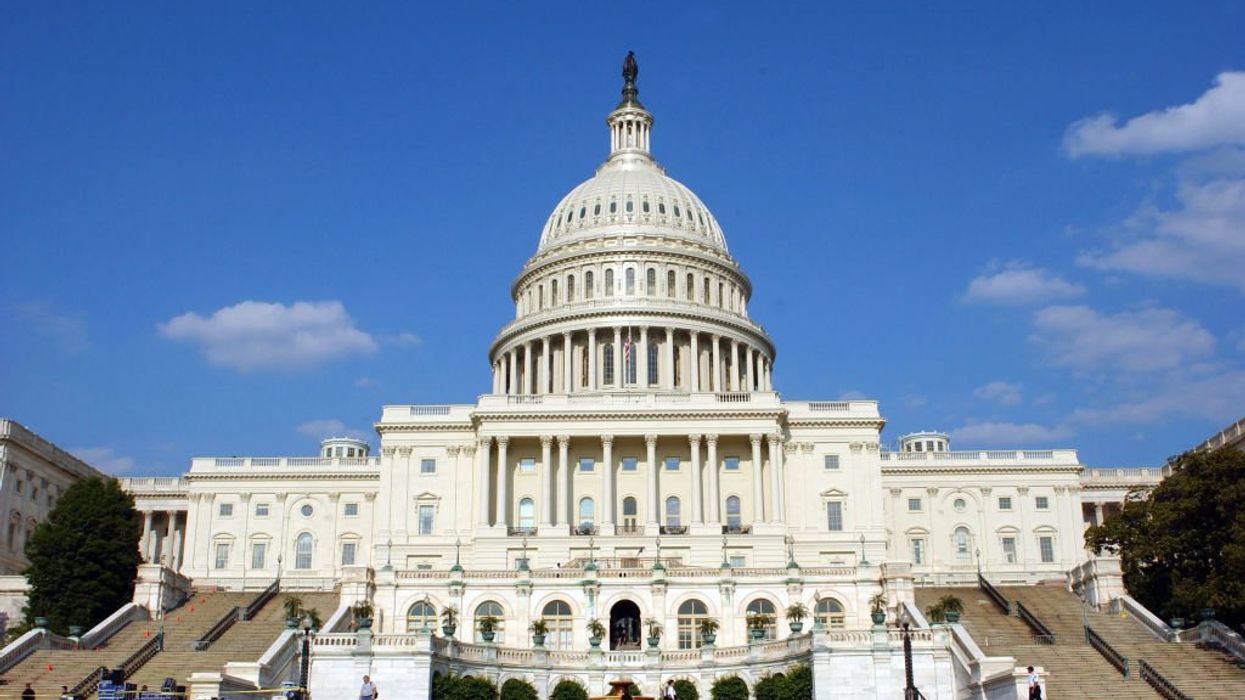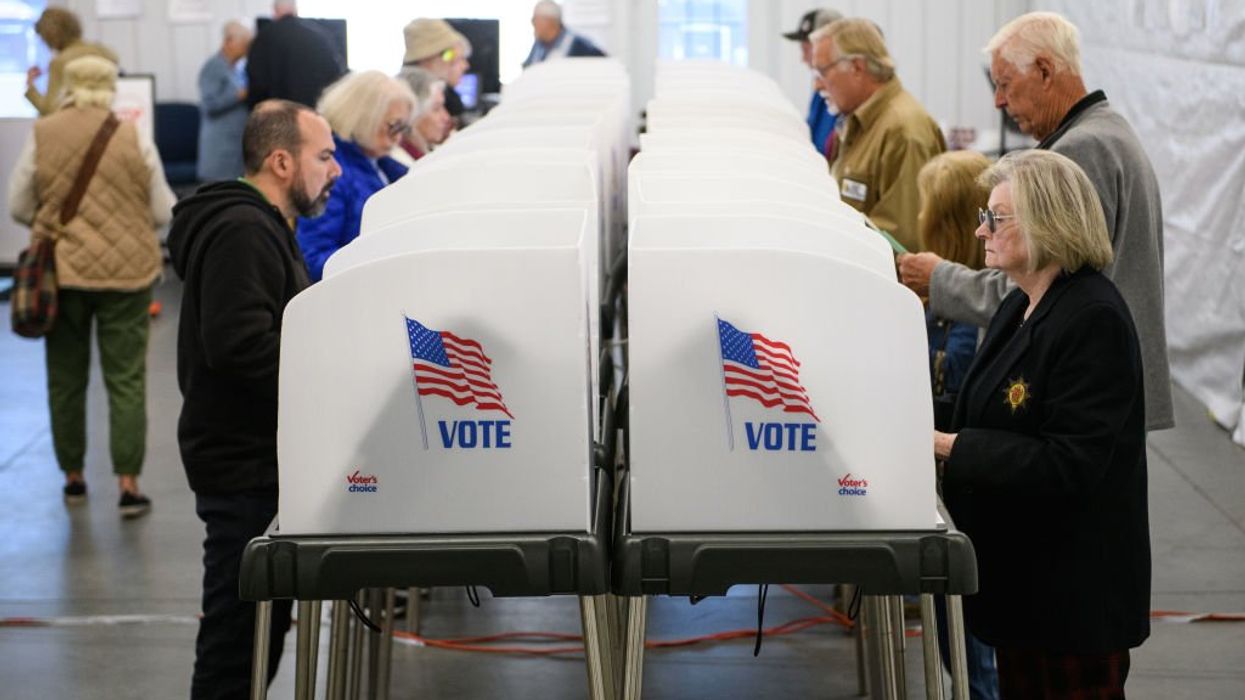
One of President Trump’s key campaign promises, the Safeguard American Voter Eligibility (SAVE) Act, faces fierce opposition from Democrats in the Senate.
The SAVE Act recently passed Congress for the second time and is now headed to the Senate. This voter security bill mandates proof of U.S. citizenship for all federal elections. It garnered unanimous Republican support in Congress but was backed by only four Democrats, consistent with last year’s Senate rejection of the bill.
Glenn has repeatedly emphasized the urgency of securing our elections, warning that without reform in the next four years, free and fair elections may become a thing of the past. However, the SAVE Act faces significant hurdles. Republicans lack the Senate votes to overcome a filibuster, meaning the bill’s fate hinges on bipartisan support—something Democrats have been reluctant to offer.
So, what exactly does the SAVE Act do? Why are Democrats opposing it? And how can you help ensure its passage?
What the SAVE Act Entails

The SAVE Act is straightforward: it requires voters to provide proof of U.S. citizenship before casting a ballot in federal elections. This measure responds to reports of voter fraud, including allegations of noncitizens, such as illegal immigrants, voting in past presidential elections. Acceptable forms of identification include a REAL ID, U.S. passport, military ID, birth certificate, or other specified documents.
Additionally, the bill mandates that states remove noncitizens from voter rolls and lists of eligible voters. It also establishes criminal penalties for officials who fail to comply with these new guidelines.
Democrats’ Opposition to the SAVE Act

Democrats have strongly criticized the SAVE Act, arguing it discriminates against women, transgender individuals, and minorities. They claim that people who have changed their names—such as women after marriage or transgender individuals—may struggle to vote if their current ID doesn’t match their birth certificate. However, the bill allows multiple forms of identification beyond birth certificates, meaning affected individuals can use updated IDs like a REAL ID or passport.
The argument that minorities are disproportionately harmed is slightly more substantiated. A recent survey showed that 93 percent of voting-age Black Americans, 94 percent of voting-age Hispanics, and 95 percent of voting-age Native Americans have valid photo IDs, compared to 97% of voting-age whites and 98 percent of voting-age Asians. However, in 2024, only about 58 percent of the voting-age population cast ballots—a trend that has been consistent for decades. There’s little evidence that Americans are prevented from voting due to a lack of ID. Instead of opposing the bill, a more constructive approach would be to assist the small percentage of Americans without IDs in obtaining proper documentation.
How You Can Make a Difference

The stakes couldn’t be higher—free and fair elections are the cornerstone of our democracy. Conservatives must rally to ensure the SAVE Act becomes law. Contact your Senators to express your support for the bill and highlight its importance in safeguarding electoral integrity. Grassroots efforts, such as sharing accurate information about the SAVE Act on social media or discussing it with friends and family, can amplify its visibility. Local advocacy groups may also offer opportunities to organize or participate in campaigns that pressure lawmakers to act. Every voice counts, and collective action could tip the scales in favor of this critical legislation.